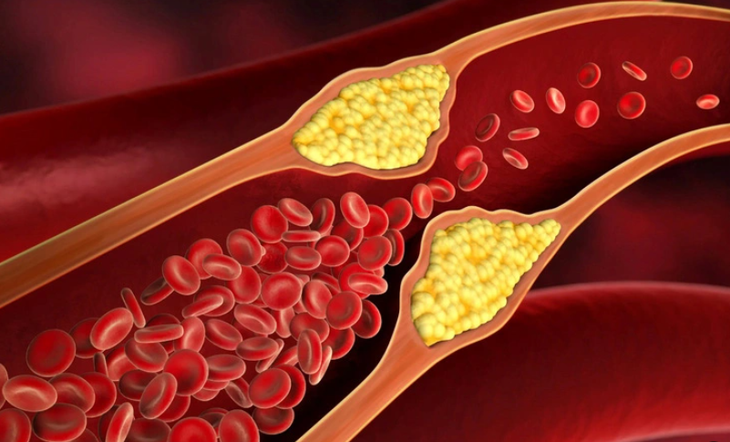
Elderly people are prone to high cholesterol levels - Illustration.
Why is it important to control blood lipid levels in old age?
According to MSc. Trinh Hong Son - Director of the Center for Nutrition Education and Communication, National Institute of Nutrition, hyperlipidemia (dyslipidemia) is a common condition in the elderly, usually manifested by increased total cholesterol (≥ 5.2 mmol/L), increased LDL-C (also known as "bad cholesterol"), decreased HDL-C ("good cholesterol"), and increased triglycerides.
"These are disorders that can lead to dangerous consequences such as atherosclerosis, hypertension, myocardial infarction, stroke, or type 2 diabetes," Dr. Son said.
According to a survey by the National Institute of Nutrition, more than 50% of elderly Vietnamese people currently suffer from dyslipidemia, the leading cause of death related to cardiovascular disease. Among preventive measures, diet is considered the most important factor that can be adjusted to effectively control this condition and support long-term treatment.
Nutritional principles to help older adults control cholesterol.
Reduce saturated fat and bad cholesterol.
- Prioritize vegetable oils (peanut oil, soybean oil, olive oil) and fatty fish (salmon, mackerel). Vegetable oils contain unsaturated fatty acids that help lower LDL-C and increase beneficial HDL-C.
- Limit: animal fat, chicken skin, organ meats, red meat, butter, fatty cheese, fried foods.
- You should eat fish 3-4 times a week, especially small fish stewed until tender enough to eat the bones.
Increase your intake of foods containing soluble fiber.
- Includes: oats, beans, green vegetables (cabbage, spinach...), fruits (apples, oranges, grapefruit).
Fiber helps "sweep" excess cholesterol from the digestive tract.
You should consume at least 25g of fiber per day, equivalent to 300g of vegetables and 200g of ripe fruit.
Prioritize protein from plant sources and fish.
- Replace red meat with: tofu, lentils, mung beans, sesame seeds, peanuts, or fish.
- Plant-based protein contains less saturated fat and is rich in antioxidants.
Reduce refined starch and simple sugars.
- Reduce your consumption of white rice, white bread, pastries, soft drinks, and sweets.
- Replace with: brown rice, oats, sweet potatoes, corn, and nuts.
Avoid salty foods - limit salt intake to less than 5g/day.
- Salt increases blood pressure, and combined with dyslipidemia, it increases the risk of stroke.

Some daily menus to help prevent high blood lipid levels - Photo: National Institute of Nutrition
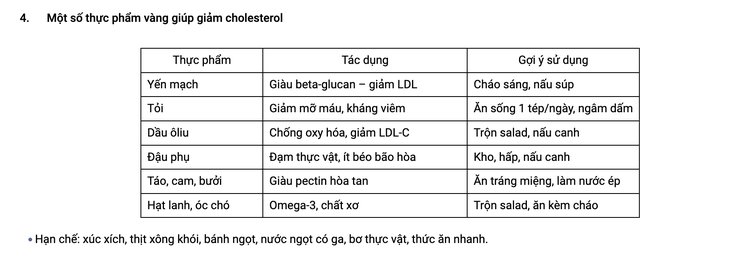
The National Institute of Nutrition advises on some foods that help lower blood fat - Photo: National Institute of Nutrition
Easy-to-follow practical guidelines for seniors.
- Eat on time, have regular meals, and don't skip meals to avoid metabolic disorders.
- Divide your meals into smaller portions (3 main meals - 2 snacks), and avoid overeating at each meal.
- Choose cooking methods that use less oil and fat: steaming, boiling, braising, or simmering until tender.
- Chew thoroughly and eat slowly to improve digestion and absorption.
- Do light exercise for 30 minutes each day: walking, Tai Chi, or cycling slowly.
- Blood lipid levels should be measured every 6 months; if any abnormalities are detected, follow your doctor's treatment plan.
Elderly people can absolutely control their blood lipid levels through a scientific , balanced, and healthy diet. Consider each meal a prescription medicine – if you choose the right foods, prepare them correctly, and maintain an active lifestyle.
LINH HAN
Source: https://tuoitre.vn/che-do-an-phong-tang-mo-mau-o-nguoi-cao-tuoi-20251027201656432.htm












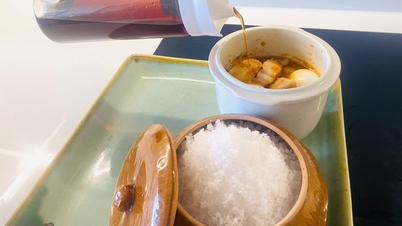

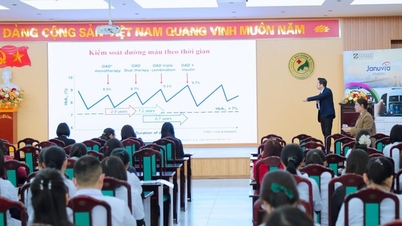
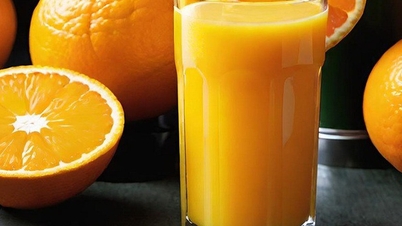



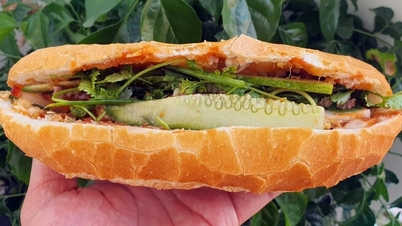

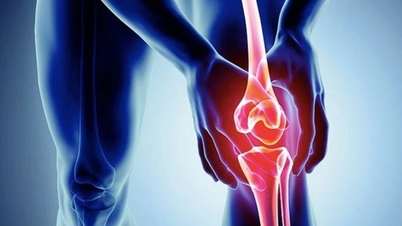

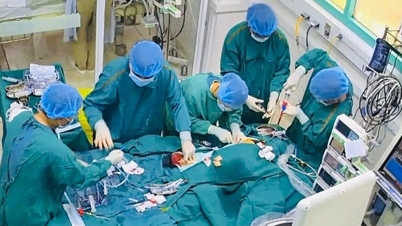
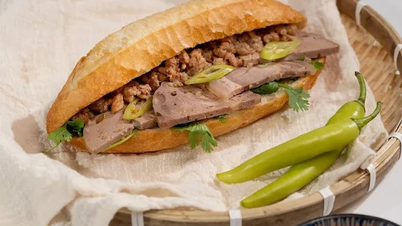



























































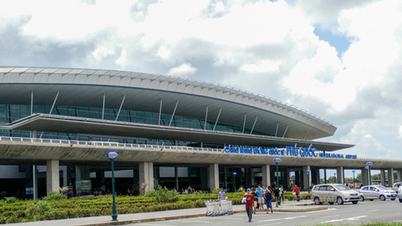
























Comment (0)